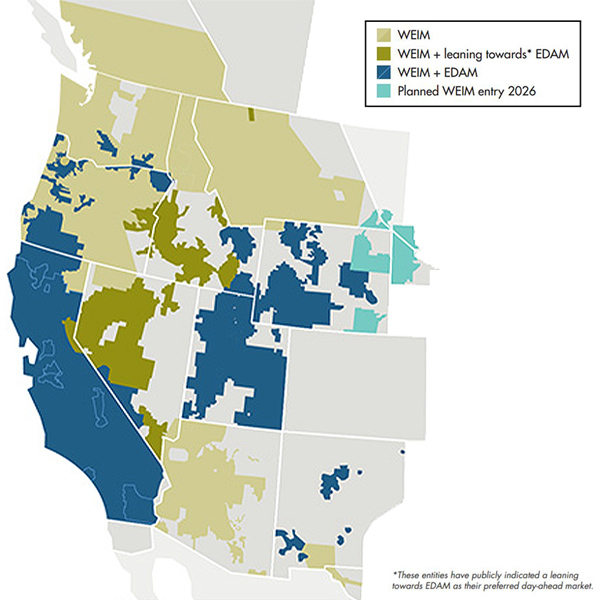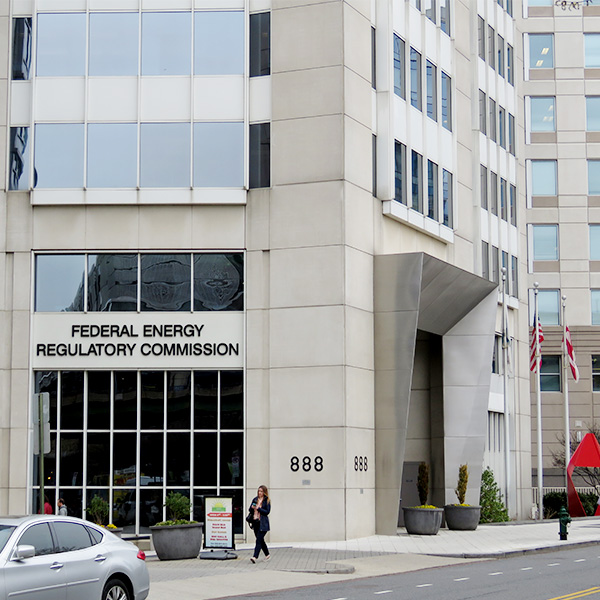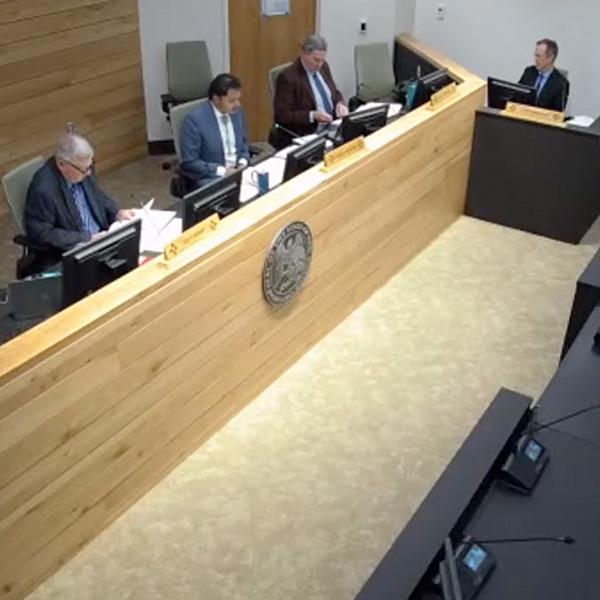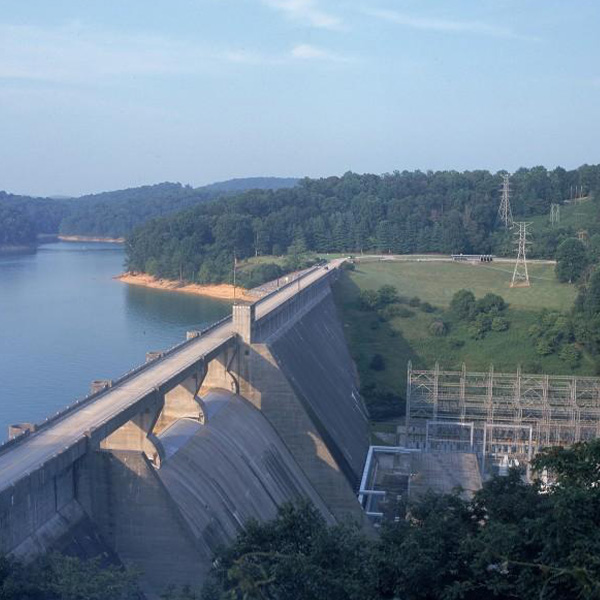Public Policy
Environmental RegulationsReliabilityState & RegionalAlabamaAlaskaArizonaArkansasCaliforniaColoradoConnecticutDelawareDistrict of ColumbiaFloridaGeorgiaHawaiiIdahoIllinoisIndianaIowaKansasKentuckyLouisianaMaineManitobaMarylandMassachusettsMichiganMinnesotaMississippiMissouriMontanaNebraskaNevadaNew HampshireNew JerseyNew MexicoNew YorkNorth CarolinaNorth DakotaOhioOklahomaOntarioOregonPennsylvaniaRhode IslandRTO-IndianaSouth CarolinaSouth DakotaTennesseeTexasUtahVermontVirginiaWashingtonWest VirginiaWisconsinWyoming
ERCOT has told its market participants that the Texas attorney general's office has served the grid operator with a civil investigation demand in connection with an ongoing investigation.
Speakers at ACORE’s annual Grid Forum weren’t afraid to use strong words on the ineffectiveness of the U.S. permitting system but were bullish that it’s fixable.
At a time when MISO’s long-term planning is under fire, the Organization of MISO States’ annual meeting featured speakers who vouched for the power of planning.
A relatively small project aiming to increase gas pipeline capacity into New England is raising larger underlying questions about how the region will balance gas reliability and affordability with longer-term efforts to transition away from natural gas.
NV Energy said it is discussing a potential new resource adequacy program with other participants in CAISO’s Extended Day-Ahead Market.
The North Carolina Utilities Commission spent several days diving into the issues of meeting new demand from large loads like data centers.
FERC sided with San Francisco in the city’s dispute with PG&E over cost allocation provisions in a wholesale distribution contract, finding PG&E improperly required the city to bear the cost of system upgrades instead of allocating costs among all beneficiaries.
State regulators approved an accounting order for Public Service Company of New Mexico’s participation in CAISO’s Extended Day-Ahead Market, in a case that rekindled the debate over which day-ahead market PNM should choose.
The NYISO Operating Committee voted to approve the ISO’s draft Comprehensive Reliability Plan, though environmental groups and the Market Monitoring Unit voiced concerns.
Environmental and social justice organizations worry the Tennessee Valley Authority could be headed toward privatization with a slate of board candidates assembled by the Trump administration.
Want more? Advanced Search










